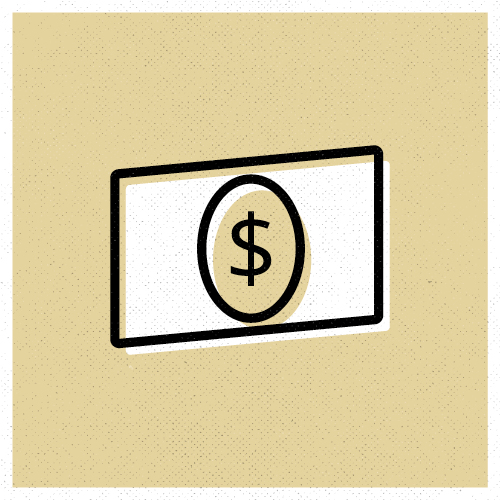*This study only pertains to the funds collected for the national Beef Checkoff program. It does not account for the portion of funds retained by the qualified state beef councils for the state-level efforts.
The Two Key Objectives of the Study
- Measure the impact of CBB demand-enhancing activities on beef demand in the U.S. and in foreign markets.
- Compare benefits to costs of CBB activities for producers’ and importers’ investments in the national checkoff program.
The Process of Reaching the Objectives
For the study to successfully reach these objectives, econometric models of the domestic and international beef markets are created. This enabled Dr. Kaiser to determine the impacts of other important factors affecting beef demand besides CBB activities – such as beef and other meat prices, income, exchange rates, and economic conditions in importing countries.
Quick Highlights from the Study

Domestic Demand
Had there not been any domestic CBB demand-enhancing activities over the latest 5-year period, 2014-18, total domestic beef demand would have been 14.3% lower than actual.

All Demand-Enhancing Activities are Performing Well Above Average
All nine individual CBB demand-enhancing activities (eight domestic and one foreign) had marginal BCRs well above 1.0 indicating their marginal benefits were well greater than their marginal costs.

Foreign Demand
Similarly, had there not been any CBB contribution to FAS and USMEF’s foreign market development programs over the past 5 years, U.S. beef export demand would have been 5.5% lower than actual in the eight foreign markets studied here.

Investment of $1.00 Returns $11.91 to Beef Industry Producer Profit
Collectively, the overall BCR for all nine CBB activities (including foreign market development) is $11.91. In other words, an extra dollar invested in CBB activities over the period, 2014-18, returned $11.91 to beef industry producer profit.



